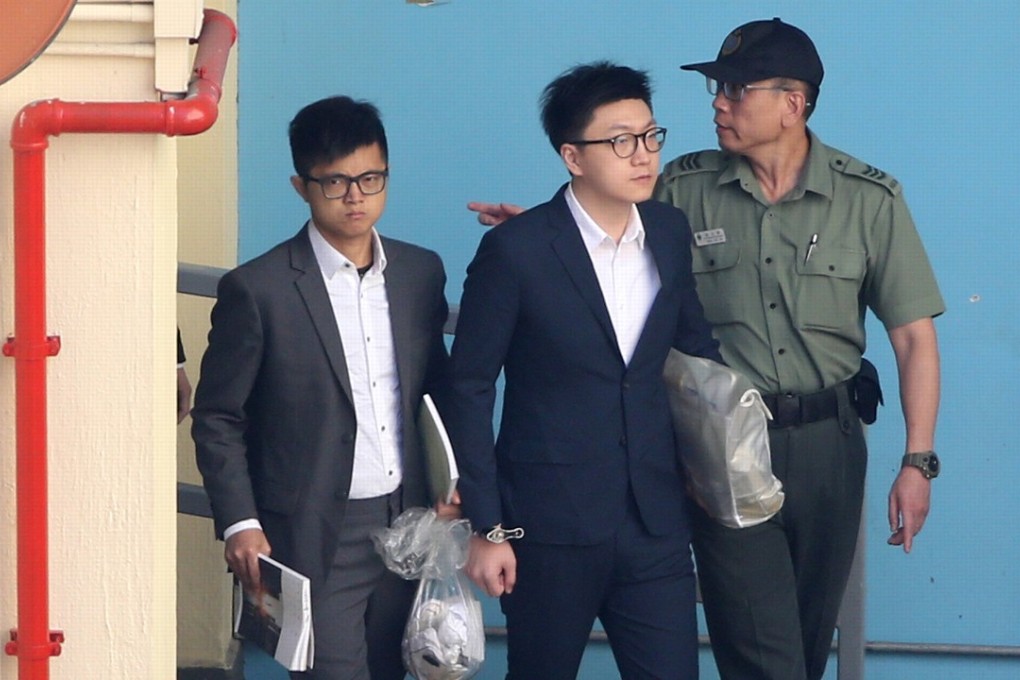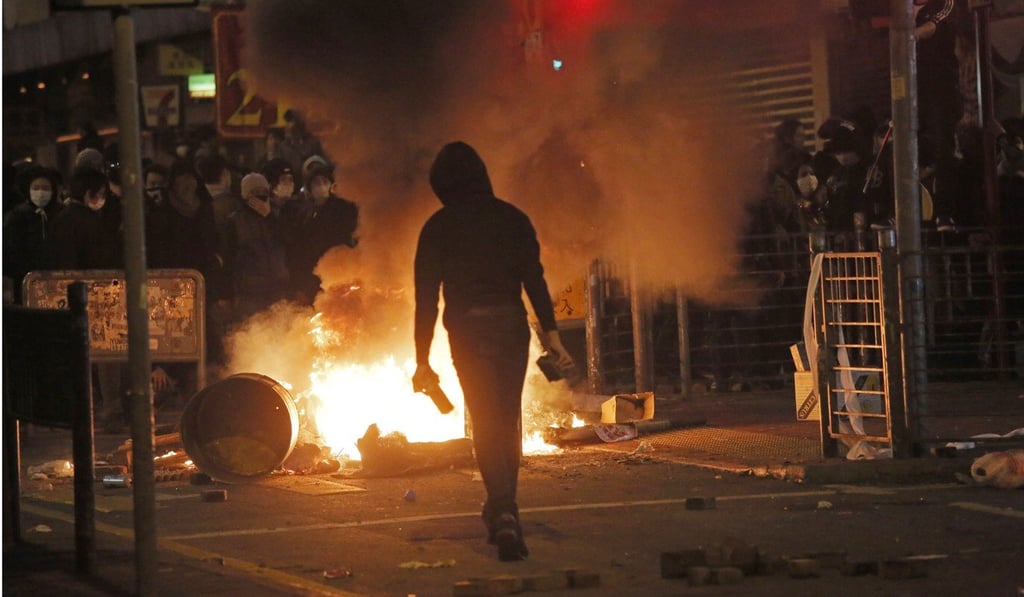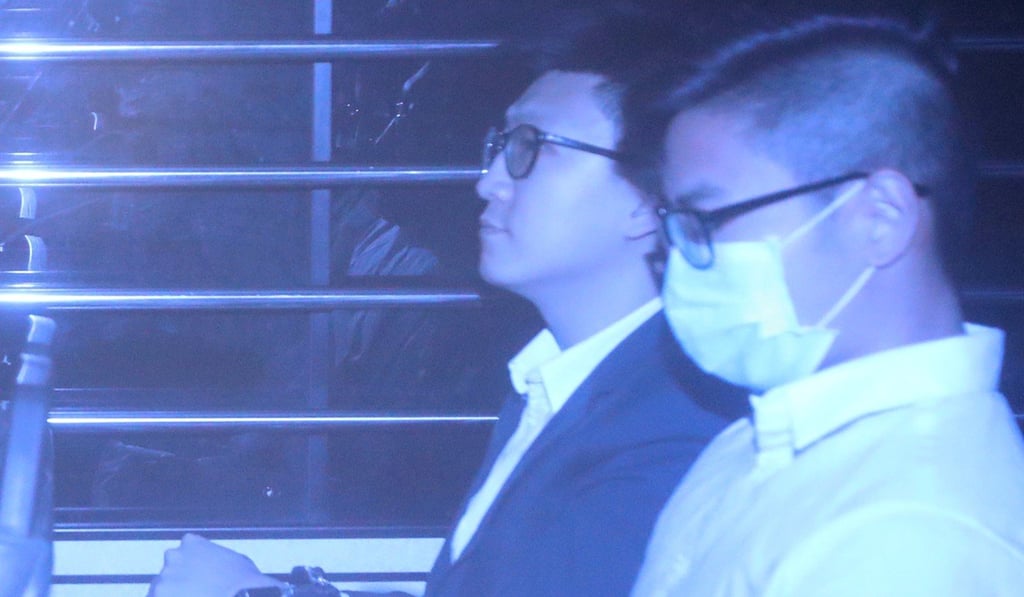Hong Kong activist Edward Leung, the face of city’s independence movement, jailed for six years over Mong Kok riot
Former convenor of political group Hong Kong Indigenous learns his fate at High Court for role in 2016 unrest

Edward Leung Tin-kei, the young activist seen as the face of Hong Kong’s marginalised independence movement, was jailed for six years on Monday for his role in one of the city’s worst outbreaks of civil unrest in decades.
The stiff sentence for the 27-year-old former student leader over the Mong Kok riot more than two years ago was the second most severe punishment handed to a Hong Kong protester since public order laws were introduced in the 1960s.
Judge Anthea Pang Po-kam described the riot that rocked the busy shopping district on February 8 and 9, 2016, as “organised violence” that was “extremely serious”.
Carried out by a mob with a bitter desire for “revenge”, the offences committed that night could not be mitigated by one’s political aspirations, Pang said. The court would not allow people to resort to violence in the name of pursuing social and political causes.

“That would send a wrong message to the public that those fed up with the government can resolve matters with violence,” the judge said.
The length of Leung’s sentence was surpassed only by the penalty given to his co-defendant in the same case, Lo Kin-man, 31, who was jailed for seven years over one count of rioting.
